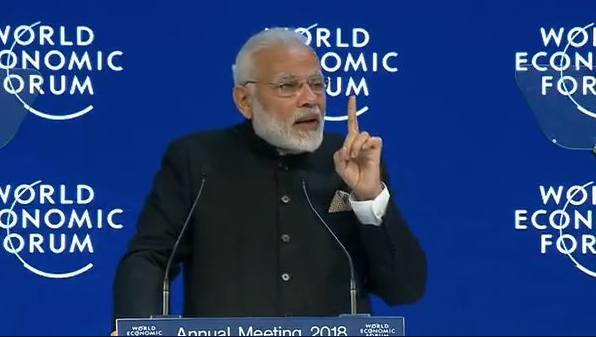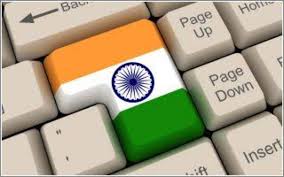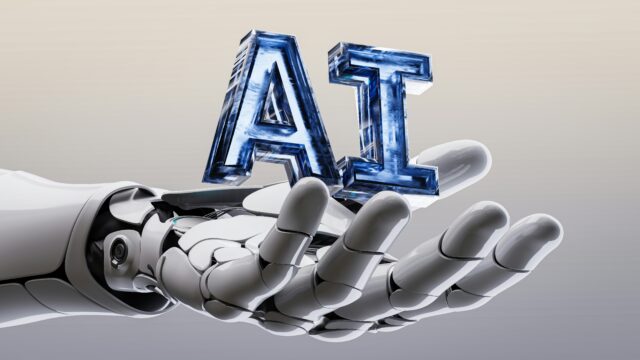India very much took centre stage at this years World Economic Forum (WEF) as Prime Minister Narendra Modi addressed the curtain-raiser keynote session in Davos. It was the first time an Indian PM delivered a plenary session, and it appears Modi ticked all the boxes.
Honing in on the WEF theme for this year – “creating a shared future in a fractured world”- Modi’s speech addressed the need for free flowing ideas on a global scale to help solve bigger issues including climate change and terrorism. He expressed his confidence that despite many nations inward approach, that India is globalising and is ready for business.
India’s spotlight at the WEF couldn’t have arrived at a more perfect time as the International Monetary Fund (IMF) announced on the eve of Modi’s speech that India had been ranked the number one fastest growing economy in 2018. Sources also suggest India is set to overtake Germany as the 4th largest economy by 2022.
Modi’s speech also touched on India’s startup and tech scene whilst explaining India’s progress in economic development. He perhaps struck the perfect balance of old and new India as he brought in the importance of India’s wisdom and depth of history, while focusing on new developments such as big data, AI and a digital India.
Among key points he highlighted the country’s efforts to “bridge the income and opportunity divide” by implementing the Digital India programme, deploying technology for targeting beneficiaries and direct benefit transfer, and unleashing a wave of startups “to create employers along with employment”. He stressed the point that India must “demonstrate by action that new technology will not take away jobs. Rather, it will create new jobs in newer areas and manners.”
A resounding speech that many world leaders will remember, Modi will now have pressure to deliver on his many promises.
Modi also sat down with Fareed Zakaria, CNN host, Suresh Prabhakar Prabhu, Minister of Commerce and Industry of India, Rajnish Kumar, Chairman of the State bank of India, Chetna Sinha, Founder and Chair of Mann Deshi Foundation and Sir Martin Sorrell, Chief Executive officer at Wpp Plc, for a session on ‘India’s Role in the World’. With a big focus on India-China competition, the discussion also swerved into topics of India’s political change, structural reform and technological innovation changing the socio-economic context of India.
One topical moment was when Minister Suresh Prabhakar was asked whether India has any plans to introduce quota for women-owned business in the government contracts to promote them. The minister responded; “Instead of giving reservations to women, we should empower them to earn on their own. If all the women in India get only minimum wage, the GDP of the country will rise by 1 to 1.5 per cent.”
Chetna Sinha joined in on the subject of women empowerment, which has been a key and constant theme at this years WEF. She echoed the views of many that if and when women in India get equal participation in the workplace then the GDP will undoubtedly rise.
India has been taking steps to improve its discouraging gender gap in the tech and startup world. According to the India Times, Indian startups hiked the number of woman they hired by nearly 50% with female employees now accounting for a fifth of the 100,000 people employed in the sector. It’s hoped that the words at Davos can be transformed into action if India is really going to challenge global players for economic and technological growth.











